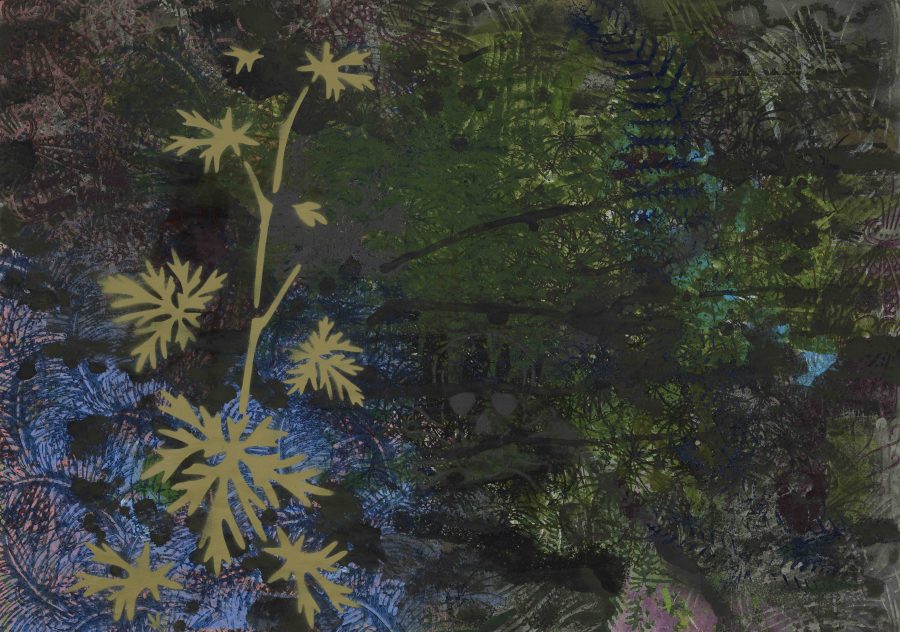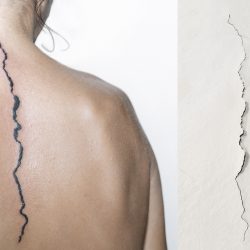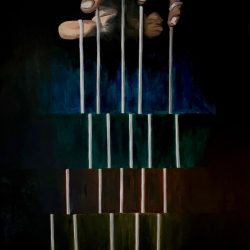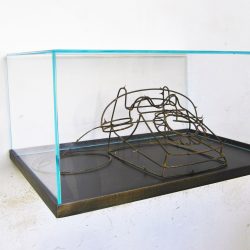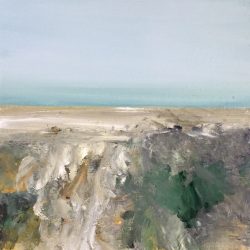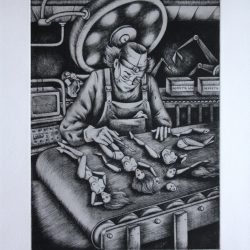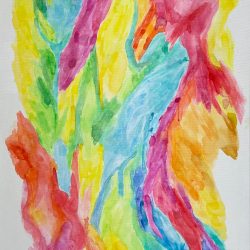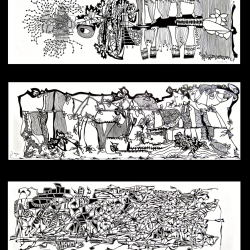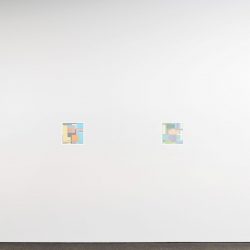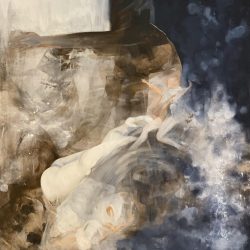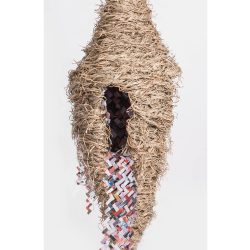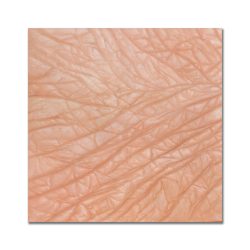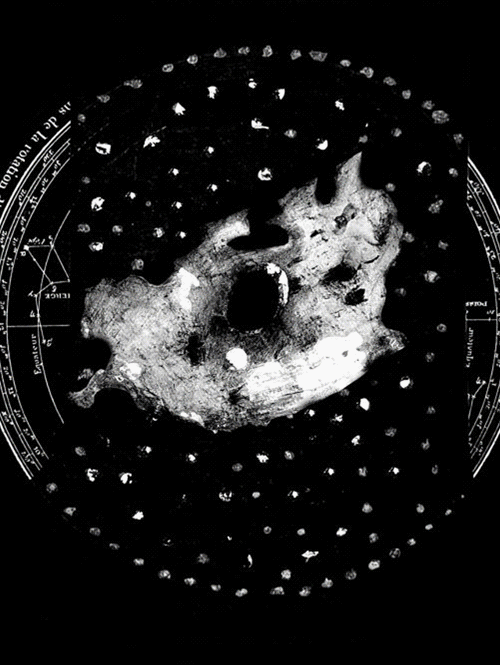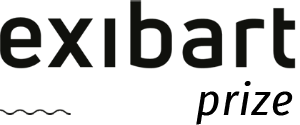work
Dark Garden
| category | Painting |
| subject | Political / Social, Landscape, Nature |
| tags | pattern roller, pattern, Eath, Gaia, nature, garden, freestyle landscape |
| base | 84 cm |
| height | 60 cm |
| depth | 0 cm |
| year | 2020 |
"What the west represses in its view of nature is the chthonian, which means of the Earth," writes Camille Paglia in 'Nature and Art', "Nature is serpentine, a bed of tangled vines, creepers and crawlers, probing dumb fingers of fetid organic life which (we are taught) to call pretty." This describes the fundamental ambivalence, indeed the abhorrence of man towards nature. Modern man shares the disappointing experience of the inhospitality of nature. And it describes the struggle of matter versus the spirit, feminine versus masculine, chaos versus order. The dialectic of distancing from and desire for unification with nature underlies all human activity: "Yes, naturally", provided that nature is paradise, and provided that nature is safe and clean, i.e. cultivated. The dark garden summarizes the thicket, the muddle, the dirt, the chthonian, and the cacophonous gunk.
The painting "Dark Garden" is done with gouache, spray paint and acrylics on paper. Distorted, fragmentary but nonetheless beautiful landscapes are combined with found quotes and scraps of words that shook me and should do the same to the viewer. It is part of the series "How to Speak about the Earth", which was started in fall 2020. At its heart is the engagement with the the so called "climate crisis" and Bruno Latour's analysis of the current situation in his book "Facing Gaia".
The painting "Dark Garden" is done with gouache, spray paint and acrylics on paper. Distorted, fragmentary but nonetheless beautiful landscapes are combined with found quotes and scraps of words that shook me and should do the same to the viewer. It is part of the series "How to Speak about the Earth", which was started in fall 2020. At its heart is the engagement with the the so called "climate crisis" and Bruno Latour's analysis of the current situation in his book "Facing Gaia".



